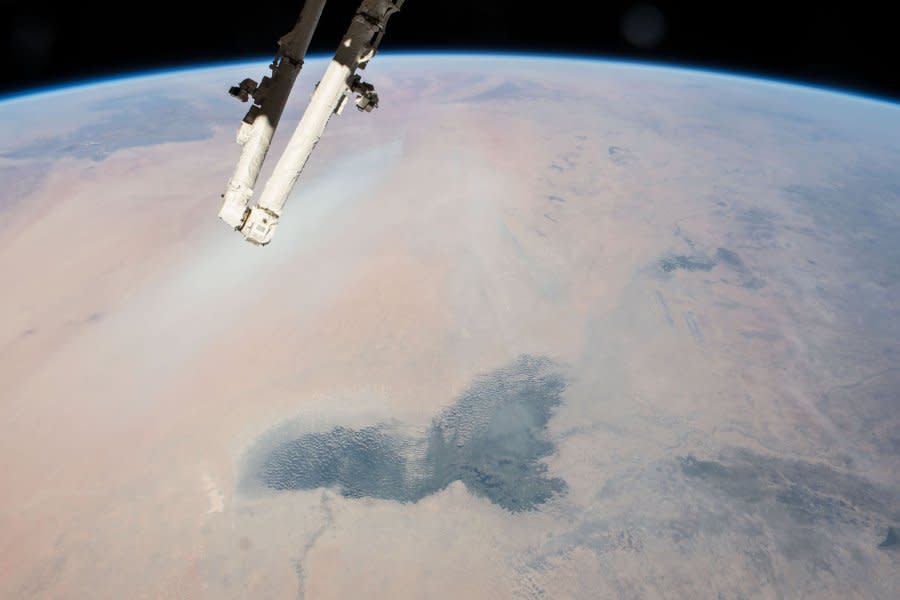U.N. report: Growing water scarcity a threat to global peace and security

March 22 (UPI) -- The United Nations on Friday urged the settling of conflict over access to water by greater international cooperation and transnational agreements, warning that rising tensions over the scarce resource are a threat to world peace.
"Hot zones" especially vulnerable to interstate tensions over water include Africa and the Middle East, according to the U.N. World Water Development Report 2024. In Africa, 19 out of 22 states studied suffer from water scarcity and two-thirds of the continent's freshwater resources are transboundary. In the Middle East, seven countries were in conflict as recently as 2021.
Of the 106 transboundary aquifers mapped in Africa, interstate cooperation has been formalized in just seven, with tensions also on the rise in the Sahel. Sahel is seeing an uptick in disputes over water and productive land due to water loss through wetland degradation -- often due to ill-advised water development projects.
Globally, only a fifth of countries have an agreement with neighboring countries with whom they share a lake or river basin to manage the water equitably, despite 40% of the world's population living in affected areas.
But the report argues cooperation on transboundary water management can be a powerful tool for resolving water conflicts peacefully, preventing news ones and keeping a lid on wider conflicts by creating conditions for regular dialogue between all parties and providing necessary legal frameworks.
Success stories include the 2002 Framework Agreement on the Sava River Basin signed between Bosnia and Herzegovina, Croatia, Serbia and Slovenia, southeast Europe's first multilateral, development-oriented agreement laying the groundwork for sustainable water management.
The report credits the agreement with driving stability in the region and emerging as an example of best practice for other regions of the world.
Cooperation between Cameroon, Chad, the Central Africa Republic, Libya, Niger and Nigeria is also credited with providing new impetus to the Lake Chad Basin Commission's mandate, expanding it to the most efficient use of the basin's waters, coordinate local development, and nip potential disputes in the bud at a trans-national and local level.
Despite the economic and security impacts of Lake Chad shrinking by 90% since the early 1960s, LCBC remains one of the effective institutions for "addressing the specific needs of the basin, including socio-economic development and security issues," says the report.
"Water, when managed sustainably and equitably, can be a source of peace and prosperity. It is also the literal lifeblood of agriculture, the major socio-economic driver for billions of people," said International Fund for Agricultural Development president and U.N.-Water chair Alvaro Lario.
However, droughts have been on the rise since the turn of the century, with approximately half the world's population experiencing severe water scarcity for at least part of 2022 and a quarter faced "extremely high" water stress, using more than three-fourths of their annual renewable freshwater supply.
Drought frequency and severity is predicted to rise with climate change, posing acute risks for social and geopolitical stability.
"As water stress increases, so do the risks of local or regional conflict. UNESCO's message is clear: if we want to preserve peace, we must act swiftly not only to safeguard water resources but also to enhance regional and global cooperation in this area," said director-general Audrey Azoulay.
The report warns that UNESCO's goal of ensuring the 2.2 billion and 3.5 billion people who lack safely managed drinking water and safely managed sanitation have their needs met by 2030 is looking increasingly unattainable and that situation may worsen.

